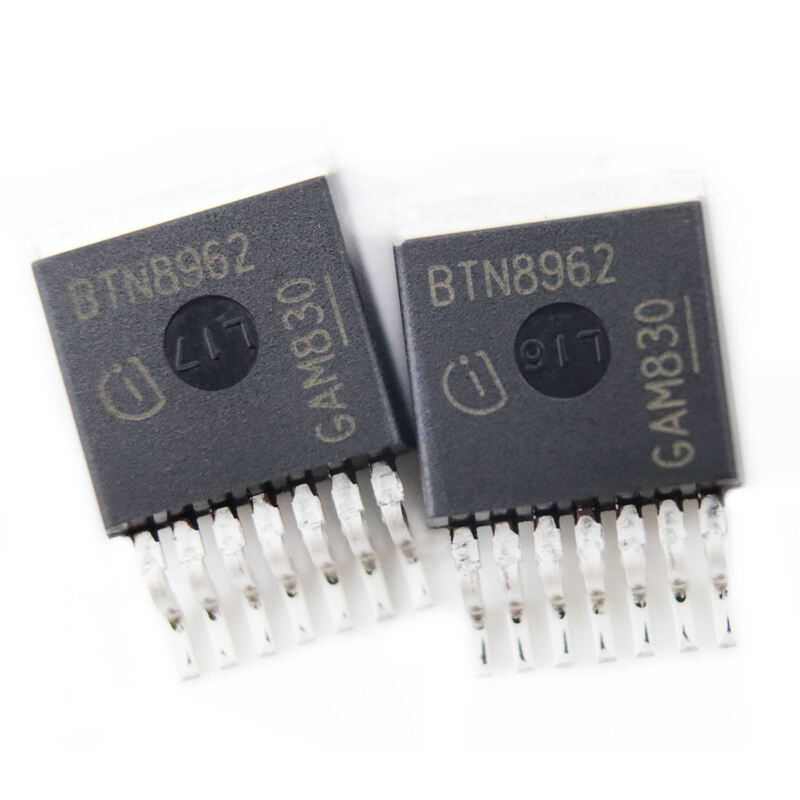Delving into the World of Stepper Motor Chips Technology
A Stepper Motor Chip is a kind of electronic circuit that functions as a driver or controller for stepper motors.
These chips are vital in industries with high precision motion control requirements. They include robotics for precise positioning, 3D printers for layer-by-layer material deposition, CNC machinery for detailed cutting and engraving, household appliances such as sewing machines, automated curtain systems etc.
Choosing the Right Stepper Motor Chip
The suitable stepper motor chip should be chosen basing on some factors. These include the Operation voltage of the motor; desired resolution; required output current; preferred control method by developer among others. Compatibility with used microcontroller or development board should also be checked.
The following characteristics are associated with stepper motor chips:programmable current settings, microstepping capabilities (which allows finer control by dividing a step into smaller increments), and mechanisms to protect against overheating and power surges. More advanced chips can offer additional functionality such as auto-coast (automatically turning off the motor when no steps are commanded) or cool-step (adjusting current based on load to reduce heating).
For instance these chips enable numerous mechanical systems to work accurately and reliably by having control over them while using them and making it possible to maintain an accuracy range of modern technology in any system which needs high level of precision such as stepping motors. When looking at future automation prospects, it’s easy to see that stepping motor chips will continue playing central roles in shaping robotics landscape as well as intelligent devices.


 EN
EN
 AR
AR
 BG
BG
 HR
HR
 CS
CS
 DA
DA
 NL
NL
 FI
FI
 FR
FR
 DE
DE
 EL
EL
 HI
HI
 IT
IT
 JA
JA
 KO
KO
 NO
NO
 PL
PL
 PT
PT
 RO
RO
 RU
RU
 ES
ES
 SV
SV
 TL
TL
 IW
IW
 ID
ID
 LV
LV
 SR
SR
 SK
SK
 SL
SL
 UK
UK
 VI
VI
 HU
HU
 MT
MT
 TH
TH
 TR
TR
 FA
FA
 AF
AF
 MS
MS
 GA
GA



